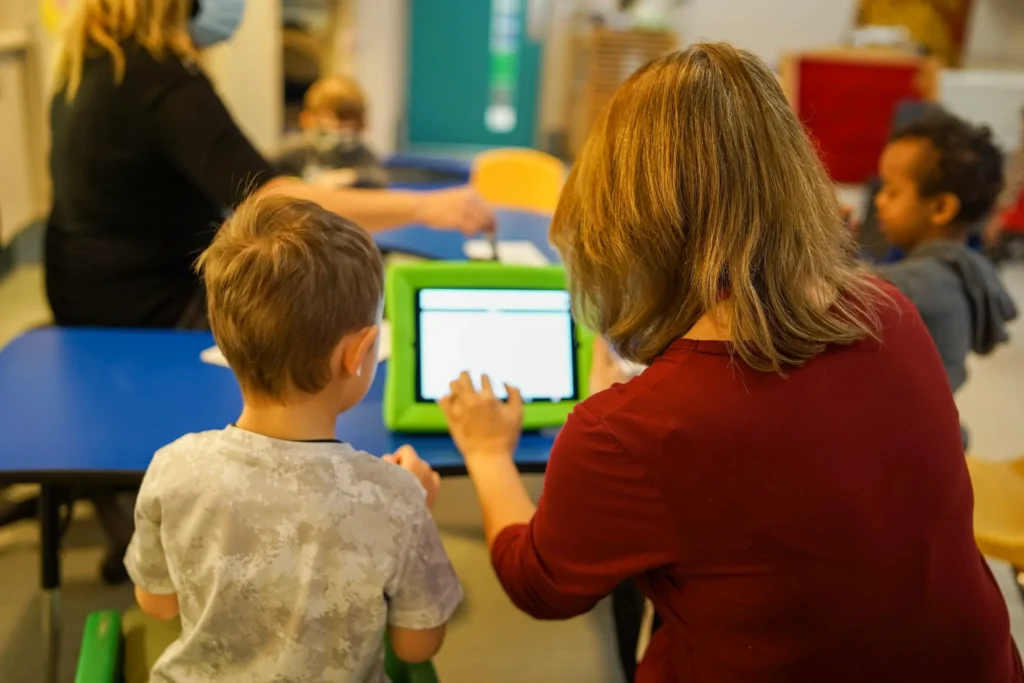Reducing Wait Times
Accessing speech therapy is associated with some of the longest wait times at KidsAbility, impeding early intervention crucial for achieving developmental milestones. Recognizing the urgency to tackle this issue head-on, Alyssa Polley, a Speech Language Pathologist proposed an innovative solution —piloting the use of group assessments.
Problem
Wait lists have been a persistent issue at KidsAbility, particularly when it comes to speech and language assessments. These lengthy wait times not only caused frustration but also acted as a bottleneck, preventing children from accessing the essential services they required. For a child who requires speech therapy, delays in receiving timely assessments and intervention can significantly impede their communication skills and hinder their overall development. Speech and language difficulties can affect a child’s ability to express themselves, understand others, and engage in social interactions.
These delays can further impact their academic progress, self-esteem, and emotional well-being. Recognizing the critical importance of early intervention for speech and language development, addressing the issue of long wait times became a pressing priority for KidsAbility. The implementation of group assessments aims to alleviate the strain on families and provide children with the timely support they need to reach their full potential.
Solution
Through our partnership with the KidsAbility Foundation, Alyssa joined our Bright Ideas research program and received a secondment to dedicate a portion of her time to this project. Alyssa worked closely with the Rocket crew to develop group play-based assessments for speech (an approach adopted in other provinces). Group play-based assessments was also a proven way to more quickly and effectively assess more children, and see them in a more natural context. With a model to adapt for the KidsAbility setting, and support from donors, the new approach was implemented.
Benefits
Before the group assessments, families were waiting for up to two years for their child to get an assessment. Since making group assessments standard practice earlier this year, KidsAbility is now assessing over 3x more kids in the same amount of time. We know how stressful it is for families and children to be on a waiting list.
This solution helps reduce the stress on families, get children the support they need sooner, and improve quality of life. This clear, proven solution to an age-old problem has already cut the KidsAbility waitlist for speech and language assessment in half, and has the potential to do the same at Children’s Treatment Centres across Ontario and beyond.
Our Rocket Crew
About KidsAbility
KidsAbility™ empowers children and youth with special needs to realize their full potential.
We support over 14,000 children and youth to reach their communication, social, physical and behavioural goals each year. Using a blended model of virtual and in-person services, at KidsAbility, we help children, youth and families to achieve great things at home, at school and in their community.
Demand for our services continues to exceed the resources available. The Rocket Discovery Centre is a symbol of our commitment to children and families that no child in our community will be left behind. Donations support life-changing therapy, innovative programs and the latest technology. Your support helps a child benefit sooner to say their first words, take their first steps, hold a pencil or spoon or even learn how to make a new friend and participate fully in our community. Together, we can achieve this.



